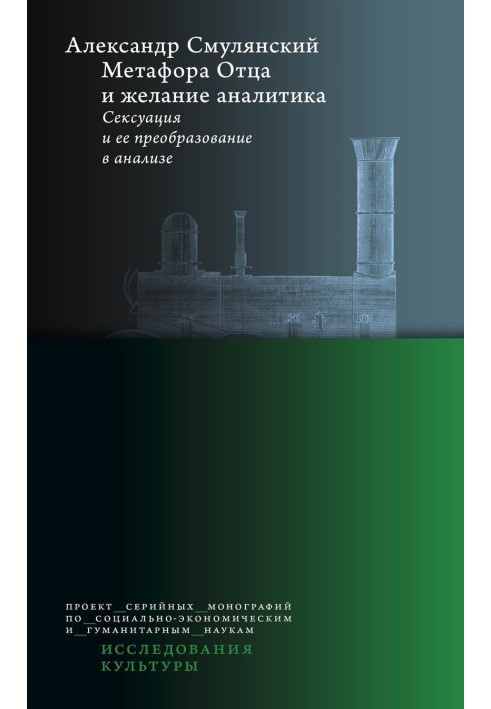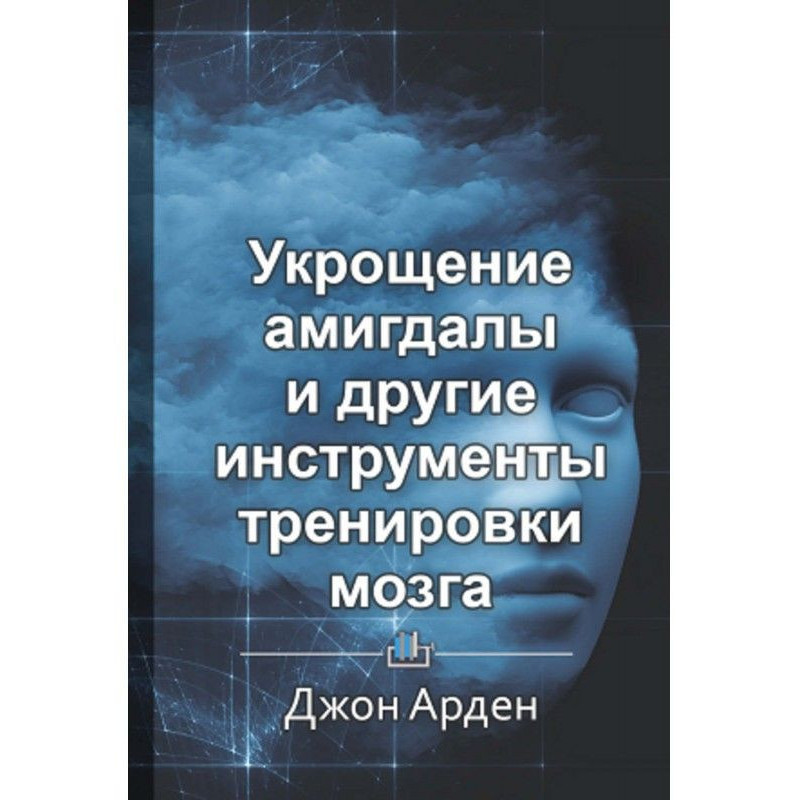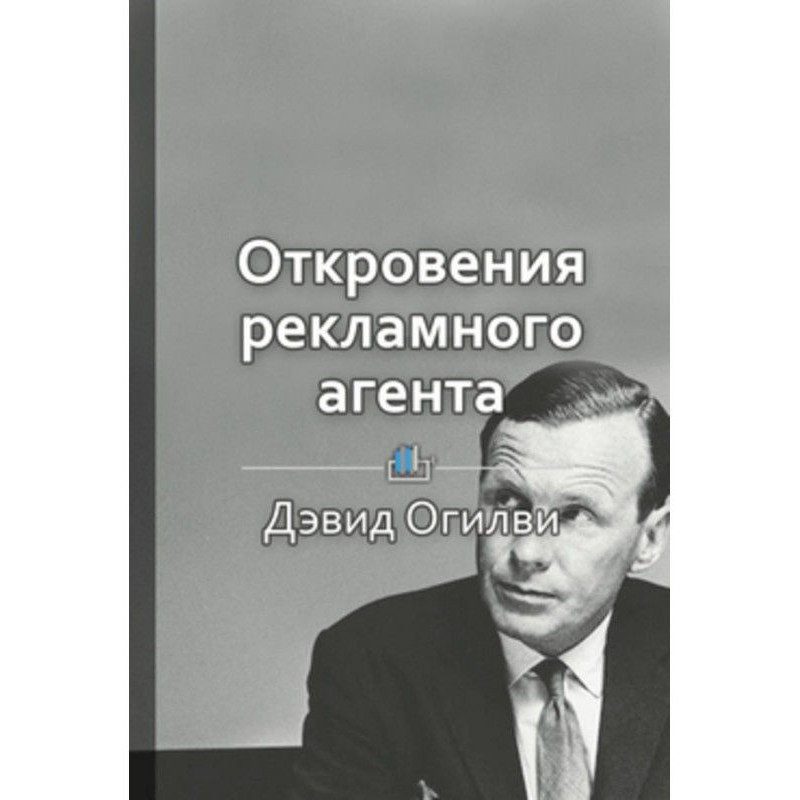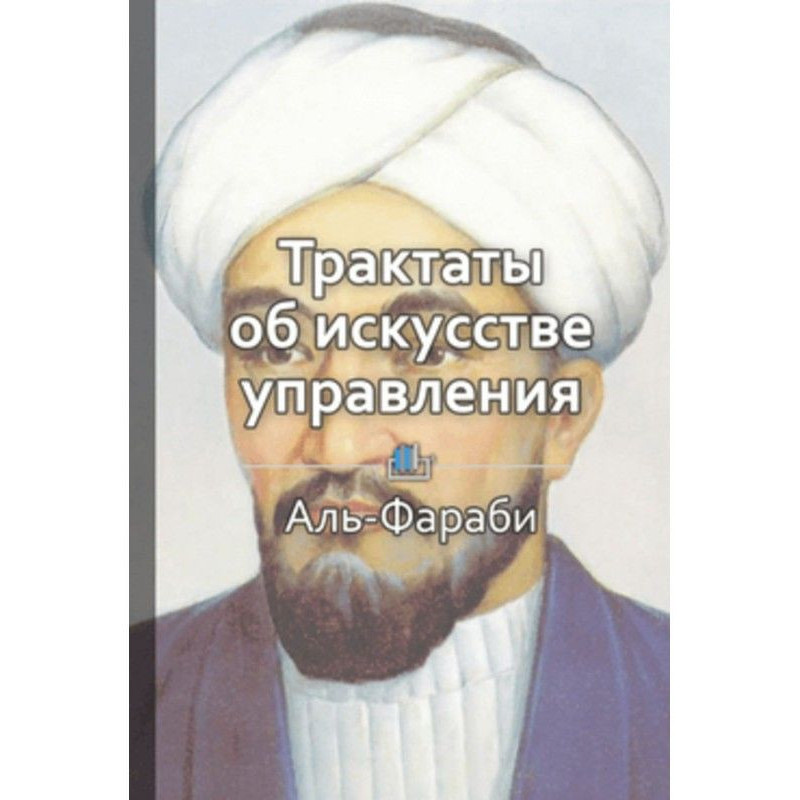The Father metaphor and the analyst's desire. Sexuation and its transformation in analysis
 Instant download
Instant download
after payment (24/7)
 Wide range of formats
Wide range of formats
(for all gadgets)
 Full book
Full book
(including for Apple and Android)
The book by philosopher and psychoanalyst Alexander Smulyansky is devoted to the study of the connection between the metaphor of the Father and the instance of “the desire of the analyst.” Jacques Lacan, who conducted such research in the mid-20th century, did not present its results due to his expulsion from the International Psychoanalytic Society in 1963 and deprivation of the right to train analysts. The never-drawn connection between the father’s metaphor and the instance of “the desire of the analyst” led to the fact that the analytical discourse, soon after Lacan’s death, underwent a merger with the discourse of the university, in which this desire took an official place as one of the regulators of the analyst’s behavior in sessions, and the affected Lacan removed the question of his untamed and unexplored sources from the agenda. The purpose of the book is to return to this issue, to trace the origin of the analyst’s desire from Freud’s desire and to explore on this basis the reasons for the emergence of psychoanalytic practice, while simultaneously justifying the inevitability of its ongoing internal conflicts. The publication is addressed to psychologists, psychoanalysts, philosophers, and cultural researchers.
Data sheet
- Name of the Author
- Александр Смулянский Ефимович
- Language
- Russian
Reviews
Глибоке та провокаційне дослідження
Книга Олександра Смулянського "Метафора Батька та бажання аналітика" є справжнім внеском у сучасну психоаналітичну теорію та філософію. Автор майстерно досліджує складні зв'язки між метафорою Батька та бажанням аналітика, що дозволяє читачеві заглибитися в нюанси психоаналітичної практики. Смулянський повертає до уваги питання, які залишилися без належної уваги після вигнання Жака Лакана, і пропонує новий погляд на те, як ці концепції взаємодіють у контексті сучасного психоаналізу. Книга вражає своєю інтелектуальною глибиною та здатністю спонукати до роздумів про природу бажання та його роль у психоаналітичному процесі. Це видання стане незамінним ресурсом для психологів, психоаналітиків, філософів та всіх, хто цікавиться культурними дослідженнями. Рекомендую всім, хто прагне розширити свої знання у цій складній, але надзвичайно захоплюючій темі!















